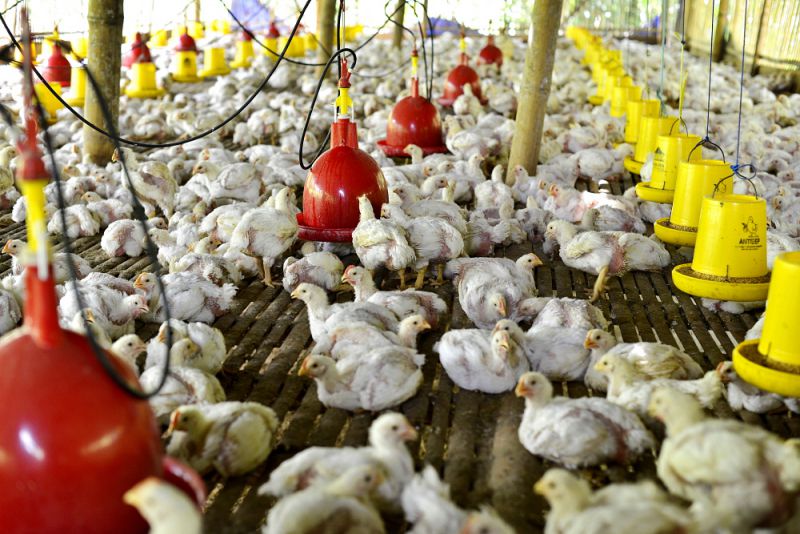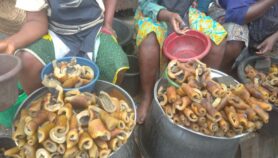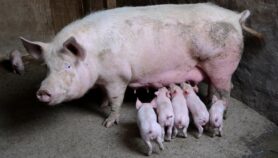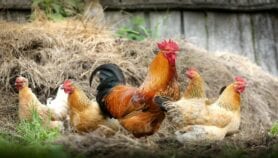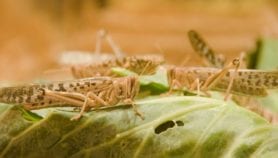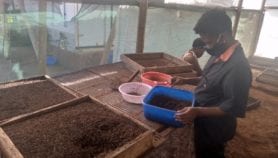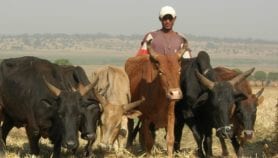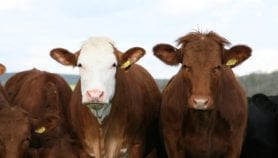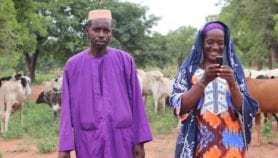By: Alberto Leny
Send to a friend
The details you provide on this page will not be used to send unsolicited email, and will not be sold to a 3rd party. See privacy policy.
[NAIROBI] A project aimed at improving smallholder chicken production could uplift the livelihoods of millions of poor rural and peri-urban households in Sub-Saharan Africa.
The African Chicken Genetic Gains (ACGG) targets smallholder farmers, particularly women in Ethiopia, Nigeria and Tanzania by identifying and producing chickens from exotic and local breeds, according to a scientist leading the project.
Tadelle Dessie, the ACGG project director, noted during the International Livestock Research Institute (ILRI)’s animal genetics research workshop in Kenya last month (10-11 September) that the project aims to catalyse public-private partnerships for increasing smallholder chicken production as one of the paths to curbing poverty in Africa.
“The ACCG is a platform for testing, delivering and continuously improving the capacity to enable poor smallholder farmers in Africa access high-producing … chickens.”
Tadelle Dessie, The African Chicken Genetic Gains
Dessie added that the project is targeting women because they constitute 70 per cent of smallholder chicken producers on the continent. The new project aims to attain productivity of at least 200 per cent more than in the unimproved breeds.
Dessie, an animal geneticist at the ILRI, Ethiopia, said the five-year, US$15 million collaborative project, which has been launched in Tanzania and Nigeria this year, is funded by the US-based Bill and Melinda Gates Foundation. It will test tropically-adapted genetic material from chicken called germplasm, and establish stable multiplication of farmer-preferred chickens.
The ILRI is collaborating with institutions such as the Ethiopian Institute of Agricultural Research, Obafemi Awolowo University in Nigeria, the Tanzania Livestock Research Institute and Wageningen University based in the Netherlands and a global dairy company based in the Netherlands.
“The ACCG is a platform for testing, delivering and continuously improving the capacity to enable poor smallholder farmers in Africa access high-producing chickens,” said Dessie. “We will test improved breeds of chickens from India and Africa to demonstrate high-production potential under low-input systems.”
He added: “We will develop public-private partnerships to make available farmer preferred genotypes [their genetic makeups]. On-farm testing will be combined with community-level farmer innovation platforms that engage women to co-create solutions and decide what genotypes and service delivery models work best for them.”
Dessie emphasised that the ACCG aims to leverage existing research while implementing innovative approaches to develop chicken value chains at country level based on scientific evidence.
The ILRI also hosted an advanced course on the design and implementation of breeding programmes for smallholder poultry farmers from 27 September to 2 October in, Ethiopia that targeted doctoral researchers involved in poultry genetic improvement.
Samuel Aggrey, a professor of genetics at the Poultry Science Department of the University of Georgia, United States, who has conducted research on small- and large-scale poultry in Ghana, Mexico and Uganda, calls on researchers and development partners to help bridge the knowledge gap by focusing on important issues relating to genetics and production.Agree notes that poultry researchers are focusing on egg-laying capacity of chickens and resistance to Newcastle disease, a major issue for poultry farmers.
This article has been produced by SciDev.Net's Sub-Saharan Africa desk.


